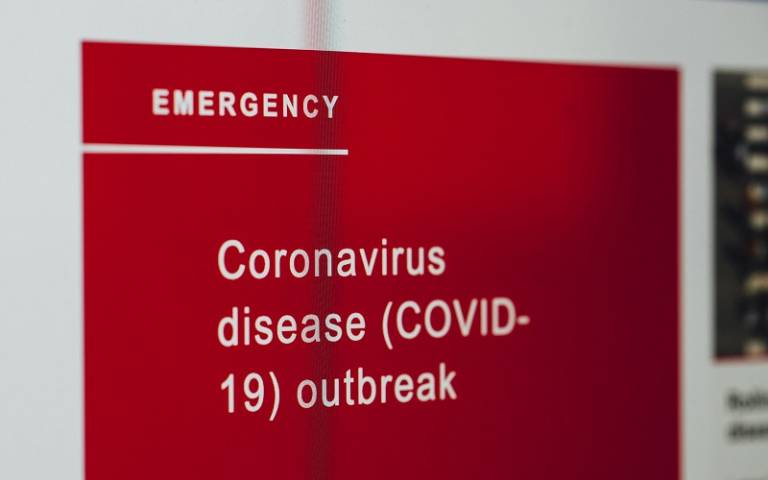Global Health Governance in the Time of COVID-19
17 November 2020, 5:15 pm–6:30 pm

This panel brings together leading UCL experts in development, public health, and global governance to discuss what lessons can be drawn from the COVID-19 crisis with regard to addressing future global health governance challenges.
This event is free.
Event Information
Open to
- All
Availability
- Yes
Cost
- Free
Organiser
-
Julia Kreienkamp
As the world finds itself engulfed in a viral pandemic, with devastating consequences far beyond public health, the need for effective global governance has never been greater. The coronavirus (COVID-19) crisis reminds us of the dangers posed by global systemic risks to the protection and safeguarding of human life. Yet, by most accounts, COVID-19 has failed to infuse a heightened sense of collective responsibility, solidarity, and purpose. We will almost certainly confront even more daunting challenges on our interconnected, globalised planet. A sober reckoning with this reality demands innovation in how we design and manage authoritative health governance at the lowest and highest levels of political assembly. This panel will bring together leading UCL experts in development, public health, and global governance to exchange views on what lessons can be learnt (so far) from the COVID-19 pandemic response for understanding the public health governance challenges that lie ahead. The panel will not only address why legacy global governance structures are widely considered not "fit for purpose", but also inquire into how the pandemic has exposed stark inequalities in health systems and health sectors more broadly. The panel will also consider the role that social, economic, and political inequalities have played in the pandemic, and will examine evidence for responses that are both equitable and effective in addressing current and future health crises.
About the Speakers
Professor Sarah Hawkes

Dr Julius Mugwagwa

Dr Tom Pegram

 Close
Close

